- HOME
- Research
- Research Category
- Genome Science & Medicine
Genome Science & Medicine
Dissect biomedical phenomena with advanced genomic technologies
Personal cancer genome
The variety of genetic and epigenetic alterations that accumulate in cancer genomes cause activation of oncogenes and inactivation of tumor suppressor genes, leading to cellular transformation. Next generation sequencing technology has enabled us to obtain individual genomic information within feasible cost and time constraints. Since 2008 my group has participated in the International Cancer Genome Consortium and is studying the genomic alterations in liver and gastric cancers.
Chromatin regulation
Epigenetic processes are essential for the packaging and interpretation of the genome, fundamental to normal development and cell differentiation, and increasingly recognized as being involved in human disease. Epigenetic mechanisms, which include histone modification, positioning of histone variants, nucleosome remodeling, DNA methylation, and non-coding RNAs, are considered as “cellular memory”. We have applied genomic technologies, such as ChIP-sequencing and chromatin interaction, to map these epigenetic marks and high-order structure throughout the genome and to elucidate how these marks are written and read.
Translational research
Functional genomic approaches are applied to identify novel biomarkers for disease diagnostics and therapeutics.
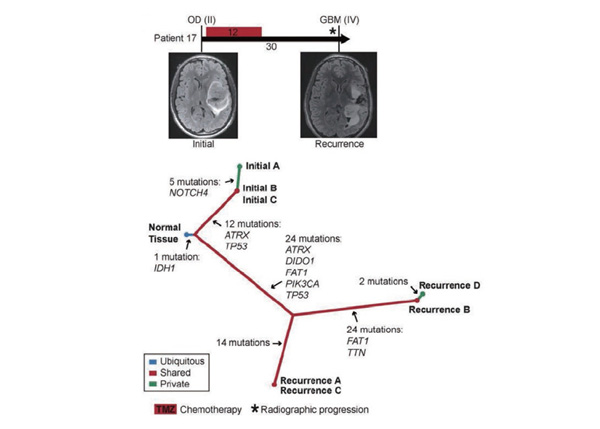
Clonal evolution in glioma progression
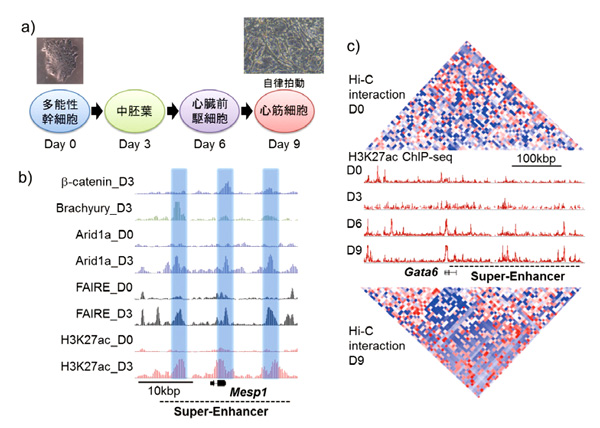
Epigenome dynamics in cellular differentiation
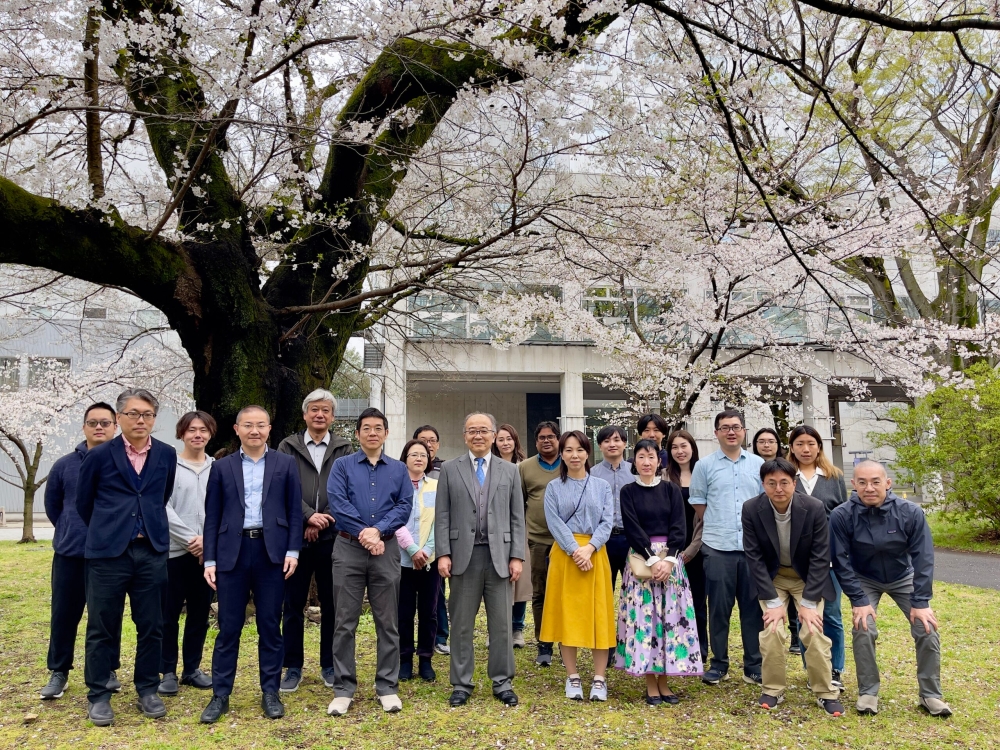
Genome Science & Medicine Laboratory
We aim to understand life phenomena, particularly diseases such as cancer, as systems by integrating multiple layers of biological information obtained using advanced analytical techniques such as next-generation sequencing (NGS) and array analysis of the genome, epigenome, and transcriptome. Handling large amounts of information is a major challenge facing life sciences, and we are creating a research environment that integrates information scientists and experimental researchers.
Member
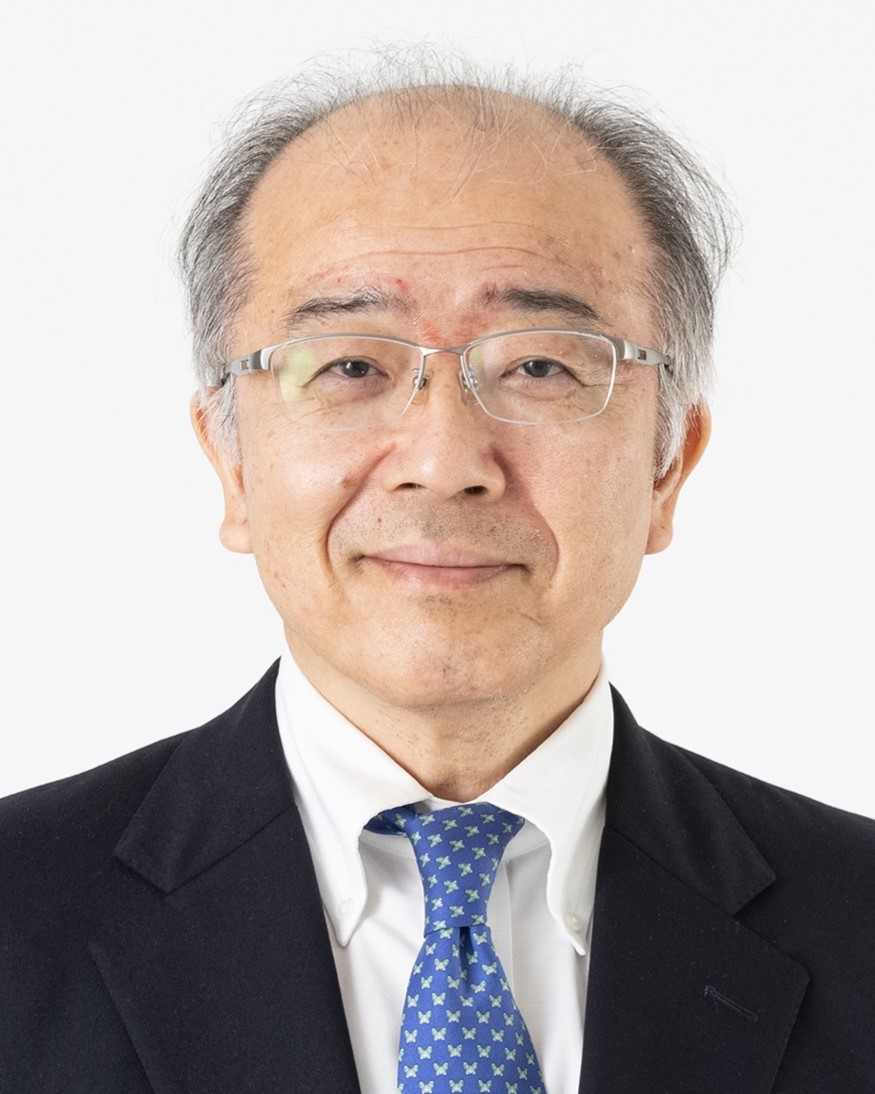
-
- Senior Research Fellow
Hiroyuki ABURATANI
Research Area : Genomic Medicine - Senior Research Fellow
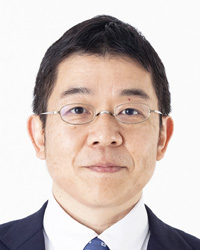
-
- Project Associate Professor
Genta NAGAE
Research Area : Genomic Medicine - Project Associate Professor
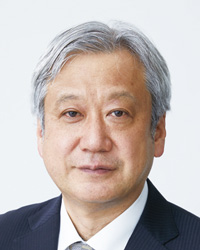
-
- Project Associate Professor
Kenji TATSUNO
Research Area :Cancer Genome Analysis, Gene Panel Test,Precision Medicine - Project Associate Professor
Laboratory Homepage
Tags

